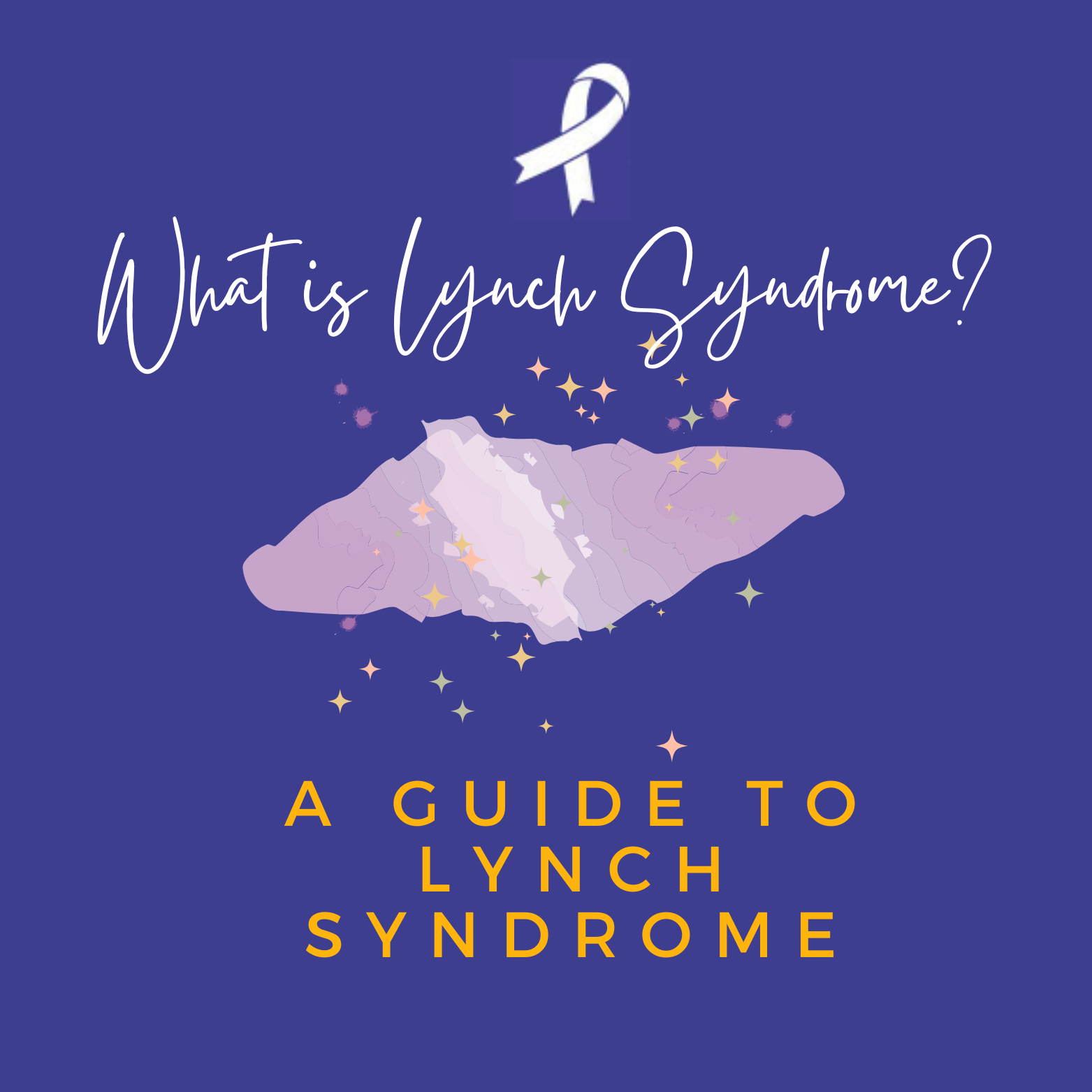Understanding Lynch Syndrome: What It Is and What It Means for You
When it comes to cancer, various genetic conditions can increase an individual’s risk of developing certain types of cancers. One of the most notable of these conditions is Lynch syndrome, a hereditary disorder that significantly raises the risk of certain cancers, particularly colorectal cancer and endometrial cancer. In this blog post, we’ll explore Lynch syndrome, its causes, its implications, and the steps you can take to manage your risk if you or a loved one has been diagnosed.
What Is Lynch Syndrome?
Lynch syndrome, also known as hereditary nonpolyposis colorectal cancer (HNPCC), is a genetic disorder that increases a person’s risk of developing certain types of cancers, most commonly colorectal and endometrial cancer.
Symptoms and Associated Cancers
While Lynch syndrome itself doesn’t cause specific symptoms, it predisposes individuals to certain types of cancer. People with Lynch syndrome have a higher risk of developing:
- Colorectal cancer: Often occurring at a younger age than in the general population.
- Endometrial cancer: The most common cancer in women with Lynch syndrome.
- Other cancers: Including ovarian, stomach, small intestine, liver, urinary tract, and skin cancers.
Only around 2 – 4% of colorectal cancer patients have Lynch Syndrome but it is very important to check for it because of family connections and screening opportunities.
Diagnosing Lynch Syndrome
Lynch syndrome is typically diagnosed through genetic testing after thoroughly evaluating a patient’s personal and family medical history. A person may be tested for Lynch syndrome if they have:
- A personal or family history of certain types of cancers, particularly at a young age.
- A diagnosis of multiple primary cancers.
- Specific types of tumours suggest Lynch syndrome, such as microsatellite instability (MSI) in tumour cells.
Managing Lynch Syndrome
If you or a loved one is diagnosed with Lynch syndrome, there are several steps you can take to manage the risk and stay proactive about your health:
- Regular Screening: Because individuals with Lynch syndrome are at a higher risk of developing cancer, regular screening is essential. This includes colonoscopies every 1-2 years starting at age 20-25 for colorectal cancer and transvaginal ultrasounds or endometrial biopsies for women to detect endometrial and ovarian cancers. These cancers respond to a new form of treatment called immunotherapy.
- Risk-Reducing Surgery: In some cases, preventive surgery such as a hysterectomy (for women) or colectomy may be recommended to reduce cancer risk.
- Lifestyle Modifications: Maintaining a healthy lifestyle, such as a balanced diet, regular exercise, and avoiding smoking, can help reduce overall cancer risk.
- Family Planning and Counseling: Genetic counselling can guide individuals how to navigate the implications of a Lynch syndrome diagnosis for family planning and other aspects of life.
- Education and Support: Learning more about Lynch syndrome and connecting with support groups can help you stay informed and supported throughout your journey.
Conclusion
Lynch syndrome is a genetic condition that significantly increases the risk of developing certain cancers. While a diagnosis of Lynch syndrome can be challenging, staying informed and proactive about your health can help manage the risks and improve outcomes. Regular screenings, preventive measures, and support from healthcare providers and loved ones are key components in navigating this condition.
If you suspect that you or someone in your family may have Lynch syndrome, consult a healthcare provider for evaluation and potential genetic testing. With the right approach, you can take control of your health and better prepare for the future.
For more details, visit:

